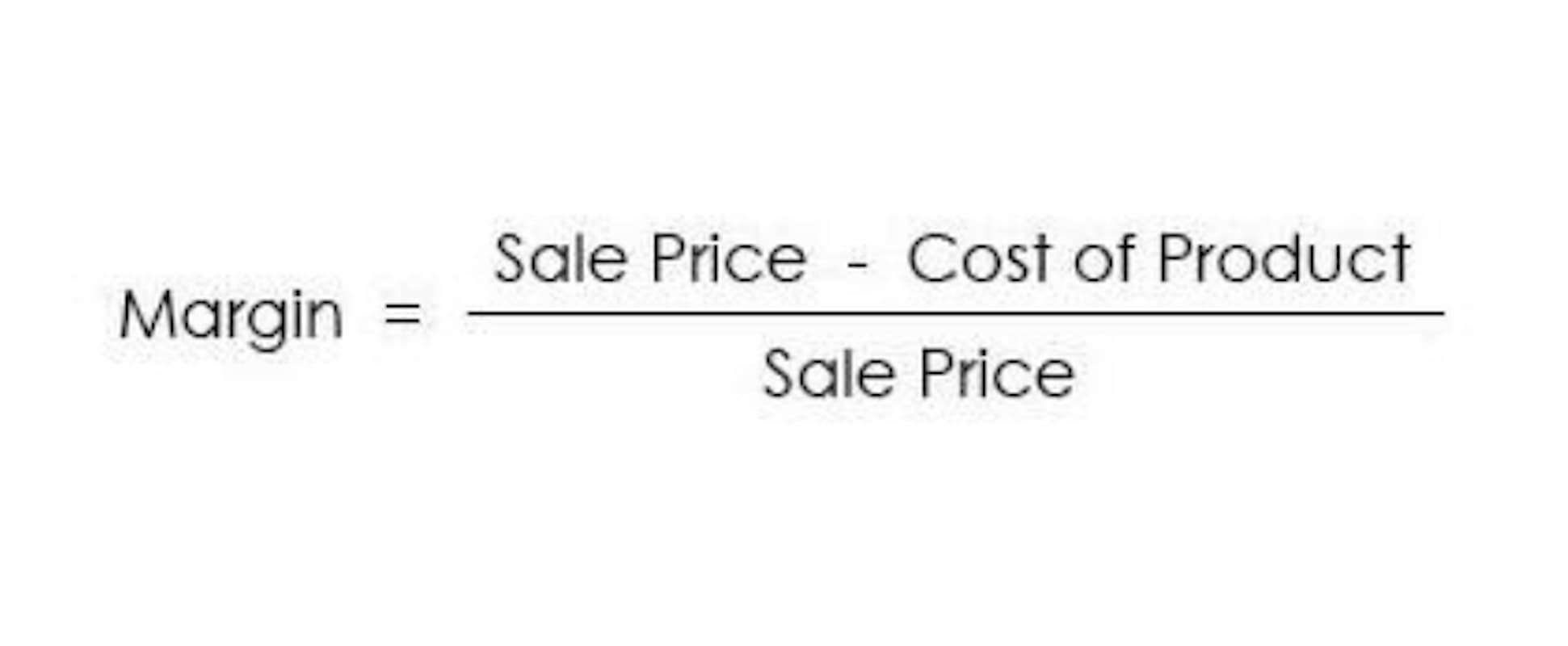From 1926 to 2020, large capitalization stocks, like those in the S&P 500, have seen average annual returns of 10.2%. Long-term government bonds averaged 5.5% annually whereas Treasury Bills returned 3.3% each year on average. Opportunity cost is the value of what you lose when you choose from two or more alternatives. When you invest, opportunity cost can be defined as the amount of money you might not earn by purchasing one asset instead of another.
Home / EconLog / Musings on Opportunity Cost – Econlib
Home / EconLog / Musings on Opportunity Cost.
Posted: Wed, 04 Oct 2023 07:00:00 GMT [source]
This definition emphasizes that the cost of an action includes the monetary cost as well as the value forgone by taking the action. The opportunity cost of spending $19 to download songs from an online music provider is measured by the benefit that you would have received had you used the $19 instead for another purpose. which one of these represents an opportunity cost? The opportunity cost of a puppy includes not just the purchase price but the food, veterinary bills, carpet cleaning, and time value of training as well. Owning a puppy is a good illustration of opportunity cost, because the purchase price is typically a negligible portion of the total cost of ownership.
What Is a Simple Definition of Opportunity Cost?
If you sleep through your economics class (not recommended, by the way), the opportunity cost is the learning you miss. If you spend your income on video games, you cannot spend it on movies. If you choose to marry one person, you give up the opportunity to marry anyone else. The conversion of costs into dollars is occasionally controversial, and nowhere is it more so than in valuing human life. Some insight into this question can be gleaned by thinking about risks. Wearing seatbelts and buying optional safety equipment reduce the risk of death by a small but measurable amount.
Before joining Forbes Advisor, John was a senior writer at Acorns and editor at market research group Corporate Insight. His work has appeared in CNBC + Acorns’s Grow, MarketWatch and The Financial Diet. A former Wall Street trader, he is the author of the books CNBC’s Creating Wealth and The Career Survival Guide. His work has appeared on TheStreet.com, US News, CBS News, Fox Business, MSN, Motley Fool, and other major business media platforms.
4: The Concept of Opportunity Cost
Yet people acquire puppies all the time, in spite of their high cost of ownership. The economic view of the world is that people acquire puppies because the value they expect exceeds their opportunity cost. That is, they reveal their preference for owning the puppy, as the benefit they derive must apparently exceed the opportunity cost of acquiring it.
In some cases, recognizing the opportunity cost can alter personal behavior. However, if you project what that adds up to in a year—250 workdays a year × $5 per day equals $1,250—it’s the cost, perhaps, of a decent vacation. If the opportunity cost were described as “a nice vacation” instead of “$5 a day,” you might make different choices. Economists think of cost in a slightly quirky way that makes sense, however, once you think about it for a while. We use the term opportunity cost to remind you occasionally of our idiosyncratic notion of cost. For an economist, the cost of buying or doing something is the value that one forgoes in purchasing the product or undertaking the activity of the thing.


